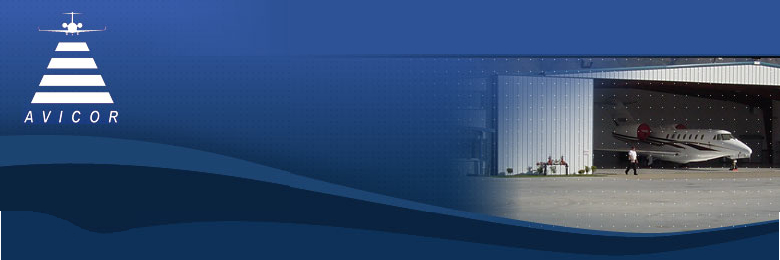

✈ June 14, 2017, Avicor Aviation Inc.
Quite often the question is asked, "What kind of multiple would you give to my business?"
The correct answer to that question is, "It really depends."
Although many would like to make overall generalizations, every business is different. It may seem quite obvious that a different multiple would be used for an FBO than for a company that manufactures avionics, or a small flight school as compared to a large maintenance facility. Each of these types of aviation businesses has different characteristics and when you stop to think about it, it becomes pretty evident that the same multiple cannot be applied across the board. But there is much more that must be considered.
The term "multiple" gets bantered around like everyone is supposed to know what it means. Very simply, a multiple is a factor used to multiply the economic benefit, such as the net income, of a business to result in a value for the business. For example, a P/E ratio (price to earnings) is a multiple that is frequently referred to.
If a business were to have, say $1.1 million in earnings and it sold for $4.2 million, the P/E multiple would be 3.8. So if another business owner were to compare its business, using the multiple the owner might think, "My business earns $800,000 per year, and the multiple is 3.8, so my business must be worth $3,040,000." But it's not really that simple and the real answer could be quite far from that $3.04 million number.
What is really comes down to is taking a closer look at the business. As each sector of the aviation world is "relatively small" (as compared with, for example, restaurants, or clothing stores, or valuing some other type of business that there thousands of), you really have to look at what makes various companies similar and what makes them different.
A company's financial statements are definitely one of the key areas that must be looked at. Two companies may operate in the same sector of aviation and have the same earnings in a given year, but what are their expenses like? Does one company pay its owner a full, industry standard salary and the other pays its owner whatever it can afford? Does one company lease all of its equipment and the other own all of its assets? These are only a couple of the questions that might need to be answered, but it can quickly become evident that the two businesses which might operate in the same sector of the aviation industry clearly are not worth the same amount.
Besides the financial statements there are many other aspects of a business that play a role it its value. For example, what is the employee turnover like and does the company spend a lot of time and money on training new personnel because others have left? Is there an aggressive new competitor moving in across the field that will mean the company will lose its position as the the only local competitor? Did something out of the ordinary occur at the business in the past year or two that affected the income this year, and is not expected to repeat itself? Before a multiple can be applied there are many factors that must be evaluated to determine if the multiple being considered is actually applicable to the company being valued.
In reality, valuators don't just apply multiples when they are determining the worth of a business, aviation business or otherwise. While multiples can be considered a "rule of thumb," they are only generalizations. So much depends on the details of the business, and sometimes those details are not so readily apparent. Relying on a rule of thumb can skew the value of the business and should never be relied on alone when determining the value of an aviation business.
Have more valuation tips emailed directly to your inbox each week! Just sign up below to receive an email each Wednesday with more tips about maximizing the value of your aviation business.
To contact us directly, either email us at bizappraisal@avicoraviation.com or call us at at 1-503-973-5711 or 1-800-563-2359.